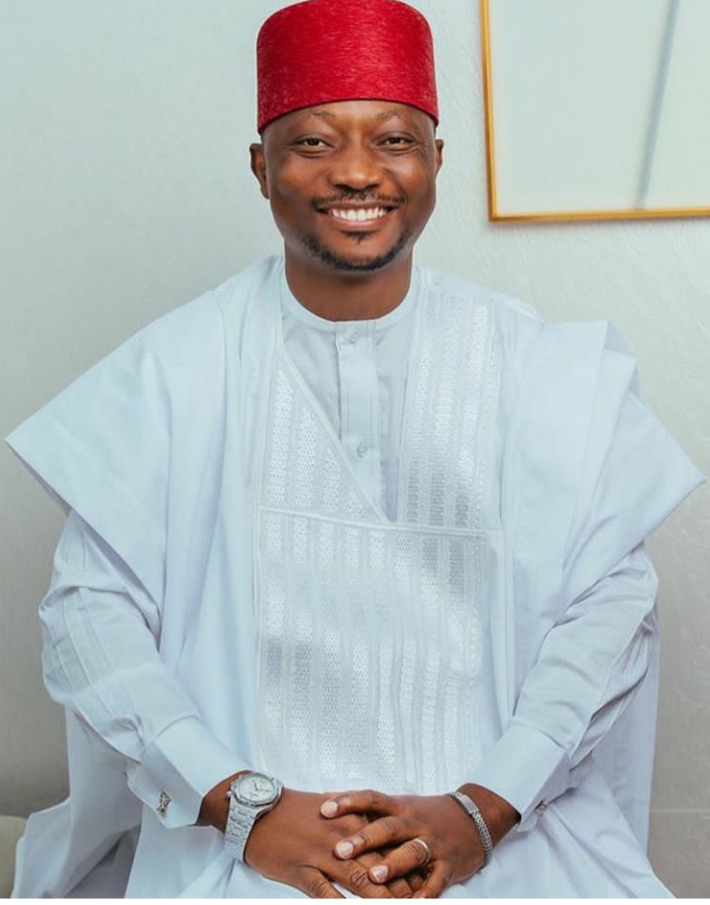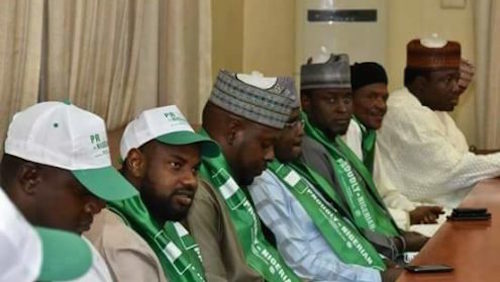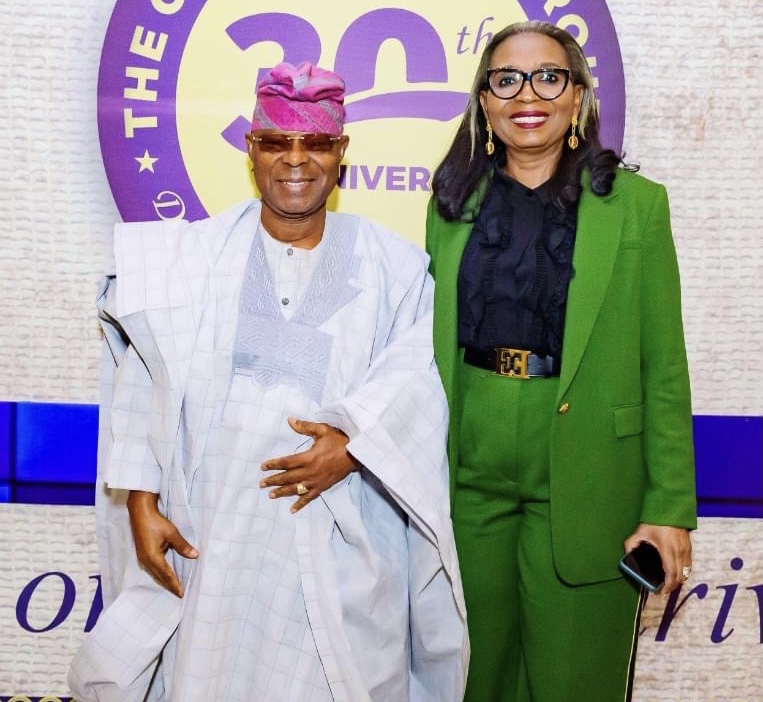Fashion designer to big wigs and politicians in Abuja, Seyi Adekunle, more popularly known as Seyi Vodi is opening up about how a Microfinance Bank du
Fashion designer to big wigs and politicians in Abuja, Seyi Adekunle, more popularly known as Seyi Vodi is opening up about how a Microfinance Bank duped him of 100million naira in 2018, under the watchful eyes of the Central Bank of Nigeria.
According to Seyi, he had acquired 1 hectare of land (10,000 square meters) in Gwagwalada in 2010, with the vision to build a garment factory that will engage about 5,000 workers for the purpose of local consumption and export. This would have been of great advantage to both him and the community where the land is located as Gwagwalada is a university community where one can engage and train students during holidays when school activities are low.
The project then was estimated to cost 400million naira and the 100million which was deposited with Fortis Microfinance Bank was a show of good faith and to act as a collateral to repay any loan incurred to support the project.
Seyi Vodi said he worked very hard to raise the money with the noble intention of contributing his own quota to nation building seeing that a solely consuming and importing nation that isn’t exporting anything cannot have a strong and reliant economy.
Unfortunately, Fortis Microfinance Bank frustrated that effort. What is all the more painful is the fact that the bank was not only listed on the stock market in 2012 with CBN’s approval, many foreign banks and other major investors brought billions into the bank, including African Development Bank, AFDB. The management team of the microfinance bank were:
Bunmi Lawson – Interim Managing Director by CBN
Chika Okey-Nwagwu – CBN
Ajewole Olusola – CBN
Rebecca Sheyin – NDIC
Victor Emerson – Chief Legal Officer of Fortis Microfinance Bank
The founding directors were: Deji Fisho, Kunle Oketikun (alleged owner of Mutual Trust Microfinance Bank), Hon Henry Nwaoba of Imo State House of Assembly.
Yet under the aforementioned management team, 100,000 people were duped of over N17 billion. In his lamentation, Seyi wondered how the CBN could not have sensed that real money was being stolen while fake figures were presented to the Nigerian public and foreign investors.
Frustrated, depressed and disappointed, Seyi has however remained undeterred in his quest to retrieve his stolen money and to see his dream come true – to set up a garment factory in the future. From petitioning the Economic and Financial Crimes Commission, to going to court despite threats about the futility of taking a government institution to court even the court is regarded as the hope of the common man.
According to Seyi, from talks with several Nigerian businessmen, this is just a tip of the iceberg of what entrepreneurs go through. While many have had to go under, a few have managed to weather the storm and survived. This is in addition to funds are not readily available to advance the cost of entrepreneurship, different government agencies coming up with policies to worsen the existing bottleneck among several other hindrances.


